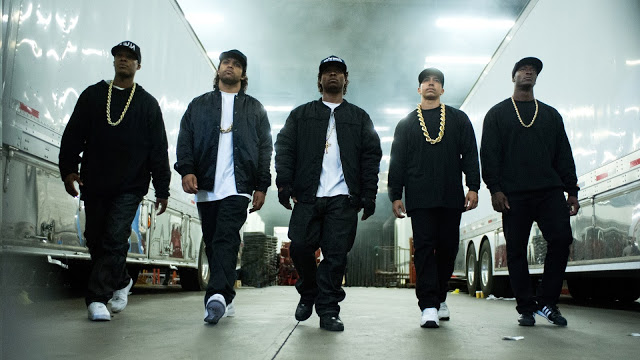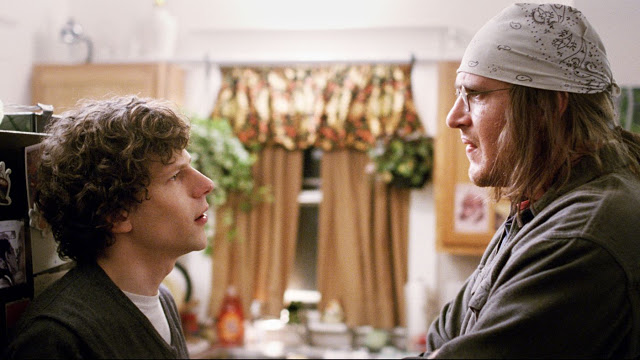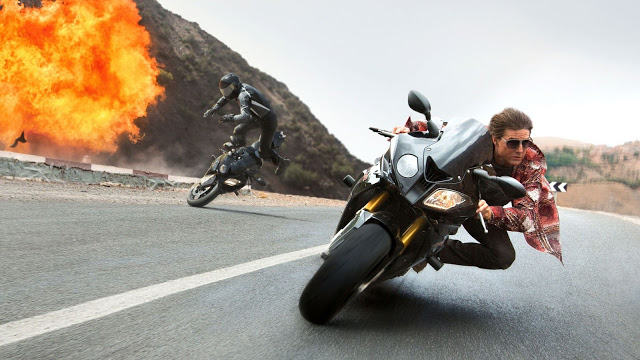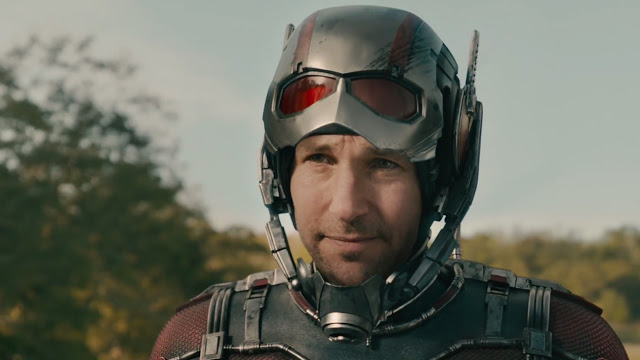Straight Outta Compton: Defying the Cops, the State, and One Another
F. Gary Gray’s Straight Outta Compton tells the story of the rise and fall of N.W.A., a rap supergroup featuring Ice Cube (O’Shea Jackson Jr., Cube’s real-life son), Dr. Dre (Corey Hawkins), and Eazy-E (Jason Mitchell). For those of you not well-versed in late-20th-century hip-hop lore—not that I have anyone in mind—”N.W.A.” stands for “Niggas with Attitude”. It does not require a degree in linguistics or cultural studies to recognize that this was a provocative name for a gangster rap group, particularly one that delivered such ferocious, uncompromising anthems about racial inequality and police brutality. The problem with Straight Outta Compton—what caps it at the level of passable entertainment rather than world-conquering triumph—is that it relays N.W.A.’s history through the form of dutiful hagiography. The members of N.W.A. became legends largely because of the way they upended existing notions of how music could be made, but Straight Outta Compton hits most of the expected beats (though it skips a few others) without ever straying from the sheet music. The result is a perfectly enjoyable movie that often feels like a carefully curated Wikipedia entry.
That doesn’t make it bad. Much of Straight Outta Compton is easily entertaining, especially its zippy first half. It helps that the actors are appealing, particularly Hawkins, who’s able to convey Dre’s musical genius without letting loose on the mic. Behind-the-scenes glimpses of artists sculpting their work are always satisfying, and an early scene of Dre coaxing Eazy on his delivery (for a track that would become “Boyz-n-the-Hood”) demonstrates N.W.A.’s dedication to musical craft as well as social upheaval. And once Paul Giamatti shows up as music impresario Jerry Heller (marking the second time this year he’s played a wig-wearing manipulator of 1980s talent), the movie tracks the methodical process by which a handful of young rappers became objects of fan worship and, more importantly, persons of governmental interest. Read More





